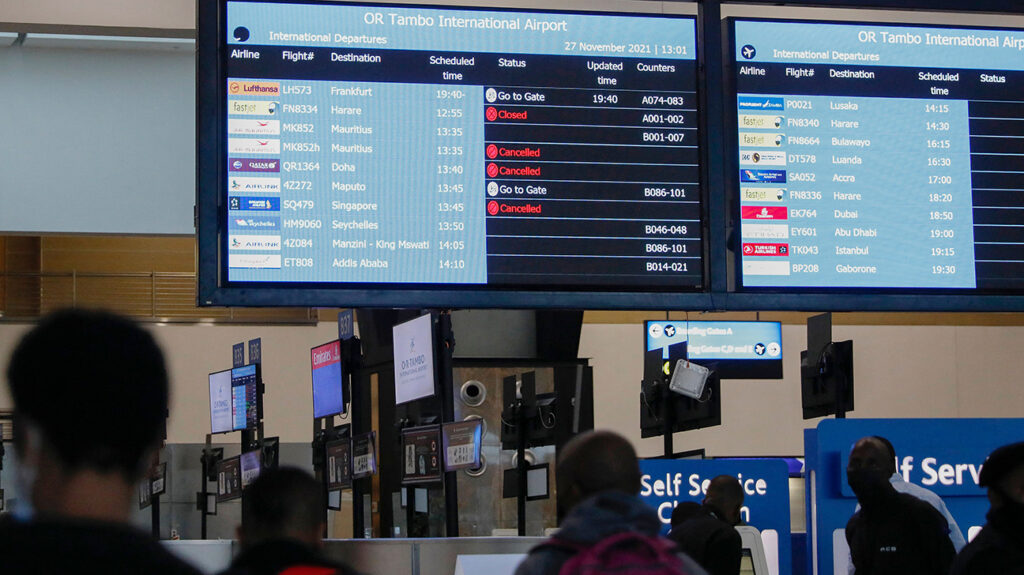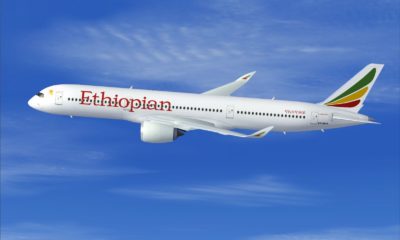The highly anticipated summer travel season has taken an unexpected turn as airfares soar to unprecedented levels, leaving many travellers grappling with the financial burden.
The recent devaluation of the Nigerian naira has led to a significant disruption in summer holiday plans, leaving wanderlust-filled individuals questioning the affordability of their dream vacations.
Amidst promises to unify exchange rates in Nigeria, President Bola Tinubu’s administration initiated the floating of the naira on June 14, resulting in over 37% depreciation in the value of the local currency as it rose to N763.17 against the US dollar.
This devaluation, coupled with existing challenges such as forex scarcity and aviation fuel shortages, has forced airlines to review their airfares upwards, leaving travellers in a state of dismay.
Passenger Adeniji Matthew shared his frustration, stating, “I wanted to book my flight ahead by a few weeks but I kept telling myself that ticket prices would come down. Unfortunately, that has not been the case. Prices keep changing. At this rate, I may not be able to go visit my family this year.”
Many travellers share Matthew’s concerns, with the increased airfares hindering their ability to connect with loved ones or embark on long-awaited vacations.
Another concerned traveller, Okoro, expressed his dismay at the soaring airfares, saying, “This is not a nice feeling in any way. Why is it only Nigeria’s fares that are going up? I and my cousin in Ghana booked our flights for the same day, but he got a cheaper fare. Who did we offend in Nigeria?”
The rising costs of air travel have also caught the attention of industry professionals. Susan Akporiaye, President of the National Association of Travel Agents of Nigeria, highlighted the impact on passengers and travel agents, stating, “Fares will definitely increase and passengers have to pay more. As a result, passengers would not travel as much as they should and this will affect travel agents.”
The devalued naira, foreign exchange challenges, and blocked funds of international airlines operating in Nigeria have led to a surge in airfares, impacting the crucial tourism industry. Small and medium-sized enterprises in tourism, like hotels, tour operators, and travel agencies, face reduced bookings and cancellations, worsening the economic impact.

















